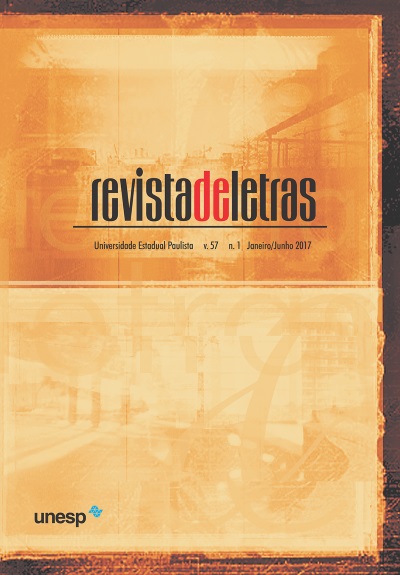¡Muerte a voltaire! El crepúsculo de los ilustrados en La literatura nazi en América de Roberto Bolaño
Palabras clave:
Roberto Bolaño, Michel Foucault, Linda Hutcheon, Saber/Poder, Parodia posmoderna, Enciclopedia,Resumen
El presente artículo se propone establecer que La literatura nazi en América, del escritor chileno Roberto Bolaño (1996), es una narración inscrita en el clima cultural que la sociología y filosofía han caracterizado como posmoderno. Esto se daría por su pretensión de mostrar, a través de lo que la crítica Linda Hutcheon (1993) denomina “parodia posmoderna”, la oclusión de los discursos totales que guiaron a Occidente en los siglos pasados, otorgando un fundamento sólido a las categorías que organizaban la comprensión de los fenómenos políticos, sociales y culturales. Así, la parodia al texto enciclopédico problematiza la potestad de la ciencia de ordenar el mundo según criterios en apariencia superiores a los anteriores, que se basaban en una legalidad trascendente y divina. Bolaño se conecta, en este punto, con la noción de saber/poder elaborada por Michel Foucault (2008), poniendo en escena el ambiente crepuscular de los universales modernos donde enciclopedia y enciclopedismo tiene un lugar de privilegio, ya que ambos formaron parte de los valores fundacionales de la Ilustración francesa con el diseño de la Encyclopédie, editada por Diderot y D’Alambert y en la que colaboran Voltaire, Rousseau y Montesquieu, todos autores parodiados en la novela.Descargas
Publicado
21/09/2018
Número
Sección
Artigos
Licencia
Os manuscritos aceitos e publicados são de propriedade da Revista de Letras. Os originais deverão ser acompanhados de documentos de transferência de direitos autorais contendo assinatura dos autores.
É vedada a submissão integral ou parcial do manuscrito a qualquer outro periódico.
A responsabilidade do conteúdo dos artigos é exclusiva dos autores.
É vedada a tradução para outro idioma sem a autorização escrita do Editor ouvida a Comissão Editorial.

